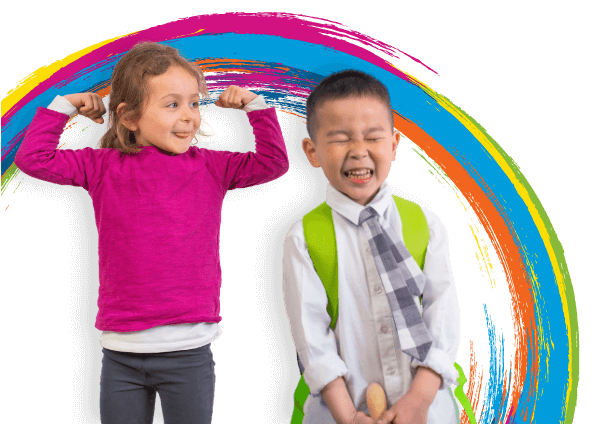Although the benefits of teaching children a second or even third language have been supported in the media for several years, I have noticed that lately there have been a number of articles and studies substantiating starting even earlier—even before the baby has mastered their mother tongue. In fact, a new study suggests that babies learn bits of their native languages even before they are born. A baby develops the ability to hear by about 30 weeks’ gestation, so he can make out his mother’s voice for the last two months of pregnancy.
The idea of teaching babies a SECOND language, when they haven’t even finished learning the FIRST, may initially seem to be an overwhelming assignment! However, it is common knowledge that children who are lucky enough to be born into bilingual families, easily learn to communicate with ease in both languages at a very early age.
Educators don’t always agree when to introduce the second language. On the whole though, expert opinion seems to confirm that children can learn languages most easily up until the age of three. The majority of educators agree that children who learn to speak two languages at once sound like a native in both tongues. What’s more, they learn to talk at the same speed as kids who learn only a single language.
If children wait until high school to start studying a foreign language, they find that they have to consciously study grammar and sentence structure. They also have to get used to translating everything. A baby can do this naturally. The reason for this is that children who learn two languages simultaneously experience no first-language interference and don’t have to worry about pre-conceived ideas.
Physically, the brain appears to be more receptive to language learning at a younger age. A child’s brain differs from an adult’s because it is developing so rapidly. In fact, a two-year-old child has twice as many synapses in the brain than an adult. The young brain must use these connections, or lose them. It makes sense to take advantage of this time to give the child as much knowledge as possible. A second language is the most natural and beneficial way to do this.
In addition, when considering the best age at which to start this extra language training, it’s important to remember a very important factor: learning to speak does not begin with the child’s first words, but long before that. Understanding is always one step ahead of talking. Even with adults, if we are learning a foreign language, we find that we can understand what is being said way before we are able to formulate phrases and actually communicate in that language ourselves. With babies, it is generally accepted that their understanding is about six months ahead of their speech. For this reason, the Baby’s Best Start course from Helen Doron English is designed for infants from as young as 3 months up to 22 months.
1. The New York Times http://www.nytimes.com/
2. Bilingualism in Young Children: Separating Fact from Fiction. Hanen.org
3. ELTNews.com The website for teaching English in Japan





